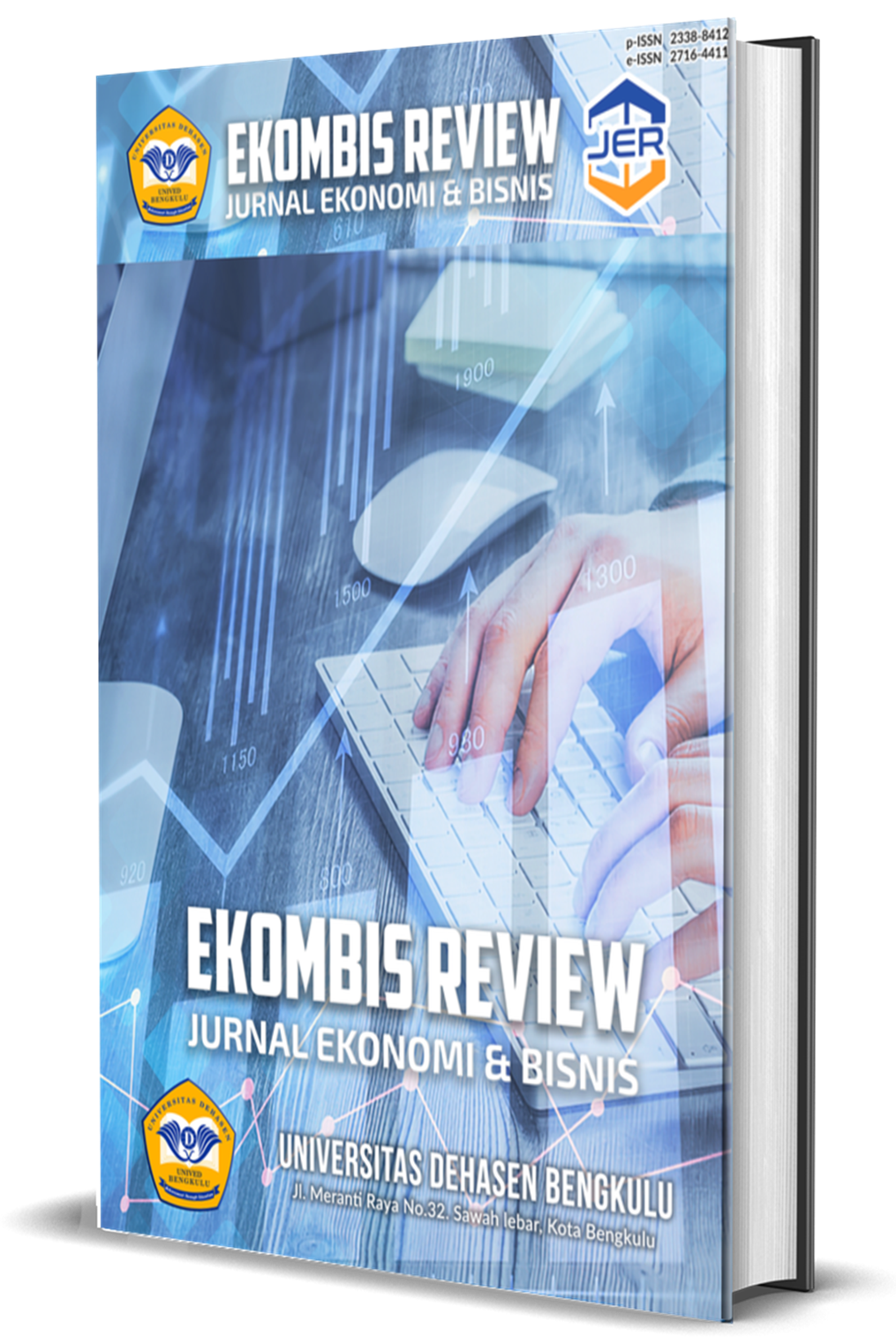Individual Performance Level Through Self Esteem, Self Efficacy And Locus Of Control In Islamic Perspective
Abstract
This research aims to analyze the influence of self-esteem, individual efficacy, and locus of control on employee performance at the Regional Development Planning Agency (Bapperida) from an Islamic perspective. It seeks to understand how positive psychological factors contribute to enhancing employee productivity and how Islamic principles can be applied to improve these factors, ultimately impacting work quality. Employing a quantitative approach with a descriptive design, the study focuses on Bapperida employees. Data is collected through a questionnaire assessing the effects of self-esteem, efficacy, locus of control, and performance. The data will be analyzed using regression analysis to test the relationships between variables, along with Smart PLS (Partial Least Squares) to evaluate the structural relationship model and understand the long-term effects of these psychological factors on performance. However, the findings may be influenced by respondents' subjective perceptions, as individual experiences and interpretations of Islamic teachings can affect responses. The study is limited to Bapperida, which may restrict the generalizability of the results to other organizations. Ultimately, the findings indicate that while self-esteem does not positively influence individual performance, both self-efficacy and locus of control have significant positive effects on employee performance.
Downloads
Copyright (c) 2025 Rifky Widodo; Ersi Sisdianto; Okta Supriyaningsih

This work is licensed under a Creative Commons Attribution-ShareAlike 4.0 International License.
An author who publishes in the EKOMBIS REVIEW: Jurnal Ilmiah Ekonomi dan Bisnis agrees to the following terms:
Author retains the copyright and grants the journal the right of first publication of the work simultaneously licensed under the Creative Commons Attribution-ShareAlike 4.0 License that allows others to share the work with an acknowledgement of the work's authorship and initial publication in this journal
Submission of a manuscript implies that the submitted work has not been published before (except as part of a thesis or report, or abstract); that it is not under consideration for publication elsewhere; that its publication has been approved by all co-authors. If and when the manuscript is accepted for publication, the author(s) still hold the copyright and retain publishing rights without restrictions. For the new invention, authors are suggested to manage its patent before published. The license type is CC-BY-SA 4.0.
EKOMBIS REVIEW: Jurnal Ilmiah Ekonomi dan Bisnis is licensed under a Creative Commons Attribution-ShareAlike 4.0 International License.














